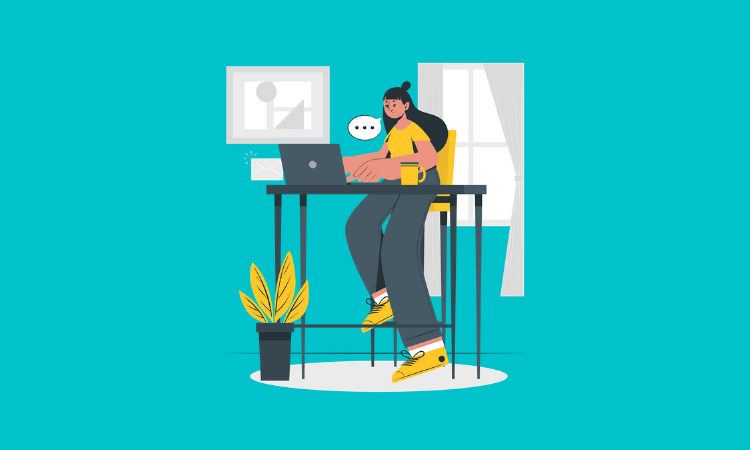Member Exclusive, New banks, Podcasts
BMO Harris’ Niamh Kristufek on empowering women in fintech
- Fintech firms with women at the helm don't receive the same attention and investment dollars.
- BMO Harris partnered with 1871 on a cohort of women-led fintech firms with the bank's mentorship and programming.









